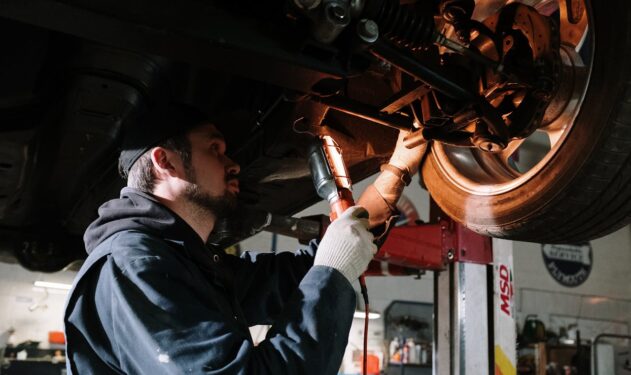Forget about a new job or moving to a new home. The biggest life-changing event is having a baby. Even with all the classes, books, and advice from friends and family, you are still surprised by how instantly you fall in love with that new baby and how you’ll do anything to keep them safe. That safety begins with the first trip home from the hospital after the baby is born. That is when parents need to comply with Kansas safety seat laws.
The following guide explains the Child Passenger Safety Act and provides tips on what to look for in a car seat.
Children Under Four Years of Age
All children under the age of four are required to ride in a federally approved car seat. Based on the maximum height and weight recommendations of your car seat’s manufacturer, it is recommended that you keep your child in the rear-facing position as long as possible. At a minimum, every child under 1 should be in a rear-facing car seat.
Children 4 through 7 Years of Age
All children in this age group should be in a federally approved child safety seat or booster seat. The exception would be children who weigh more than 80 lbs. or are taller than 4’ 9”. Your child should remain in the forward-facing car seat until they reach the recommended weight and height limits of the manufacturer.
Children 8 through 12 Years of Age
The children in this group should stay in a booster seat with a seat belt until they can fit safely into a seat belt without the booster. After that, they are required to wear seat belts all the time in compliance with Kansas state laws.
Keep in mind that you can be stopped and issued a citation if your child is unrestrained.
Tips for Picking the Right Car Seat
As mentioned, your child’s car seat needs to meet federal standards. Most car seats comply with those standards, but there are differences in style and size. Here are some considerations to keep in mind when you go shopping for your car seat:
Pick an Option
Rear-facing car seats are designed to be portable. They can be “clicked” into a base that you have secured in your car. Then, they can be used as a baby carrier or “clicked” into a stroller.
Convertible car seats are larger than a typical car seat because they are intended for the rear-facing position and then forward-facing. They are not portable. In other words, once they’ve been secured in the car, these seats stay there. They are typically recommended for children weighing from 4 to 50 pounds.
A 3-in-1 car seat is meant to convert from rear-facing to forward-facing and then to a booster seat. It is also meant to stay in the car and is not portable.
Choose the Right Size
As you look at all your car seat options, you’ll see that there are subtle differences with regard to size. While they all will offer protection for your child, they might not all be a good fit for your car. Ideally, you’ll want to install your car seat in the middle position for the first few years. After that, you can transition to the right or left passenger seat. The best way to judge the size is to ask the retailer to let you try out the display model in your car.
Proper Use
You want to ensure you understand how to use your car seat correctly. That includes securing the seat to your car restraints and utilizing the child’s harness. Remember, you must have your car seat installed before leaving the hospital with your baby.
It will help to practice with a teddy bear or baby doll to make sure you understand how the harness works. A fussy baby might distract you from getting them strapped in properly.
Why Seat Belts Matter
Although the first seat belt patent was issued in 1885, seat belts did not become standard in cars until the 1950s. Several decades later, states enacted laws making seat belt use mandatory.
According to the National Highway Traffic Safety Administration, seat belt use rate in 2023 was 91.9%. That matters because out of the 25,420 car accidents fatalities in 2022, half of those killed were not wearing seat belts. Buckling up protects everyone in the car, especially the little ones.








